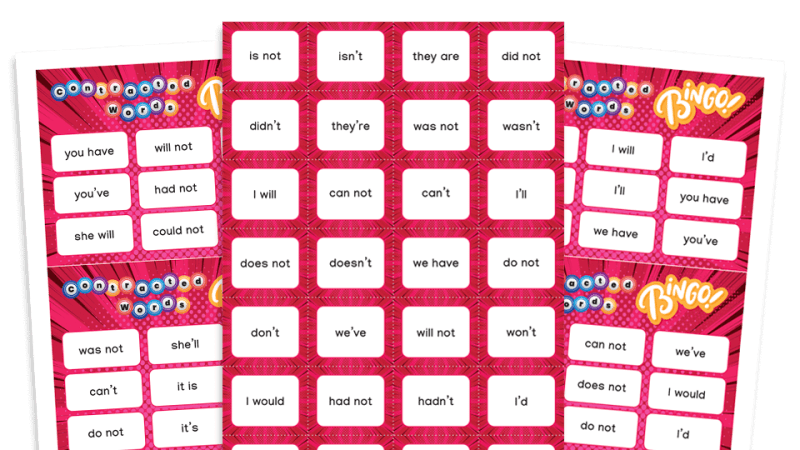Are You Listening? – Why Nursery Managers Should Pay Attention To What Their Staff Are Saying

Good nursery managers will dedicate time to giving their staff's comments and concerns a proper hearing, says Vicky Stanton…

Are you paying attention? That is, as an employer, do you actively listen to what your employees are saying? And do your employees actively listen to each other?
There’s a great quote by the American educator and author of The 7 Habits of Highly Effective People, Stephen Covey – “Most people do not listen with the intent to understand, they listen with the intent to reply.”
Needless to say, this is something to avoid…
Why listening is important
Research shows that when employers have poor listening skills themselves, they jeopardise their working relationships with their employees. Workers know when they are not really being heard; it decreases their sense of worth in your establishment, builds resentment and motivates them to look for other opportunities. On the other side of the coin, if you concentrate on listening to others at work, you should soon see the benefits. These may include, for example, increased productivity, faster progress towards goals, more congenial relationships between employees and a better working atmosphere. As a boss, listening demonstrates that you have a caring attitude. Employees respond positively to an open-door policy – an environment in which they know you will listen intently to them, and do your best to resolve any issues. Do this, and the level of trust between you and your workers will rise as performance problems decrease. Encouraging your staff to listen to one another will foster employee relationships. The benefit here will be fewer disagreements, formal grievances and workplace squabbles, and a more cohesive workforce all round. So how can we listen better? Here are my 10 top tips…
1. Give the person you are talking to the time to form sentences about how they are feeling Offer them the chance to express themselves in their own words.
2. Don’t be afraid of silence and try to fill it with your words Silence often produces great outcomes, as the other person is taking the time to think.
3. Don’t interrupt As Mark Twain once observed, “If we were supposed to talk more than we listen, we would have two tongues and one ear.”
4. Concentrate on what you are being told And ignore what’s going on in your head.
5. Don’t make it about you Avoid the immediate reaction of linking what you are hearing to your own experiences, feelings and opinions.
6. Words are only part of the story Pay attention to the other person’s non-verbal communication and what it tells you about their feelings and experiences.
7. Show that you’re engaged with what they’re saying Use your own non-verbal communication to encourage the other person and demonstrate that you are listening – e.g. nodding, leaning forwards, smiling (if appropriate), making positive eye contact
8. Ask open questions Encourage the other person to express themselves further by asking open them questions based around ‘how’, ‘why,’ ‘what’ ‘when’, ‘who’ and ‘where’.
9. Check that you’ve understood them correctly Reflect back to the other person by summarising what you have heard, to check your understanding. This is really useful in allowing the other person to understand their feelings and actions – and also to correct you if you have misunderstood them.
10. Be mindful of individual differences Some individuals may need more time to think about what they want to convey, or need support to share what is important to them. The Dalai Lama once said, “When you talk, you are only repeating what you already know; when you listen, you may learn something new.”
With that sentiment in mind, I encourage you to give good listening a go, if you don’t already. Engage your staff to actively listen, too – to each other, and to parents/carers, and see what a difference it makes to your nursery or preschool.
Vicky Stanton is the director of HR 4 Your Nursery and has recently launched HR Hub – an online one-stop shop for all your people resources needs, including contracts, letters and policies. To find out more, visit vickystanton.sendmedetails.com/teach-early-years












